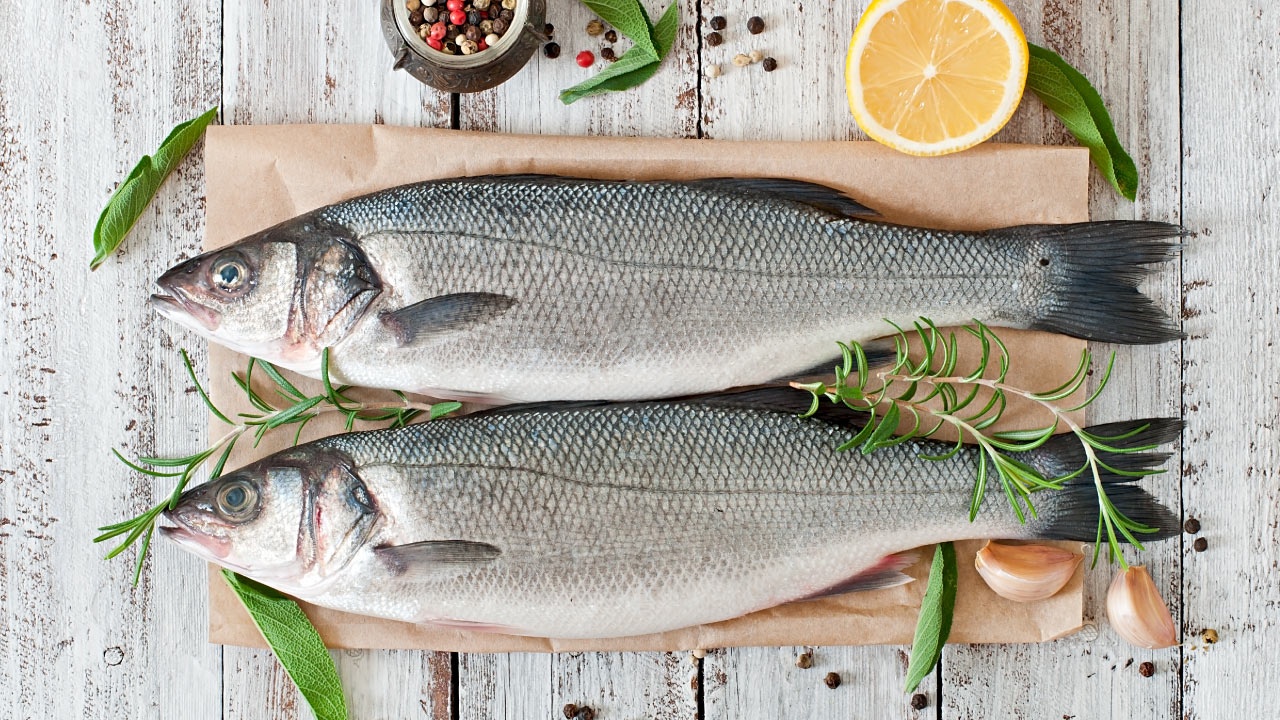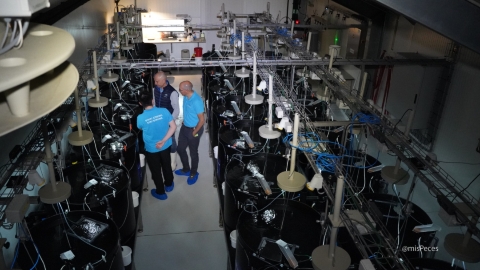
The majority of Spanish consumers are prepared to pay as much as 25% more for organically farmed fish compared to conventional alternatives, according to a recent study examining purchasing preferences and key factors influencing this emerging market. This trend reflects a growing demand for products that combine sustainability with high quality, despite financial constraints affecting a portion of buyers.
The research, conducted by academics at the Polytechnic University of Catalonia, focused on European seabass. Findings show that some consumer would be willing to pay an average of €2.26 extra per kilogram for organic fish, based on a standard price of €9 per kilo for conventional options.
Freshness, traceability, and sustainable production methods are highlighted as the main factors driving these purchasing decisions, according to the study. It also underscores the importance of perceived quality in products labelled as organic.
Freshness ranks as the most valuable attribute, receiving an average score of 8.88 out of 10, followed by price (7.86) and the origin of the fish (7.34). While the “organic” label is appreciated, it appears less significant, suggesting consumers prioritise tangible quality and sustainability in their purchasing decisions.
However, not all consumers share this willingness to pay a premium. Approximately 24% of those surveyed rejected the idea of spending extra on organically farmed fish. The primary reasons cited were budget limitations (39.2%), the expectation that organic products should be priced similarly to conventional ones (38.9%), and scepticism about the actual benefits of organic certification (9.5%).
“Although there is a growing shift towards sustainable consumption, significant barriers remain, both in terms of perception and affordability,” the study concludes.
These findings present an opportunity for producers and retailed to educate consumers on the advantages of organic aquaculture while emphasizing attributes such as freshness and sustainability. Additionally, they could explore pricing strategies to attract a broader audience.


